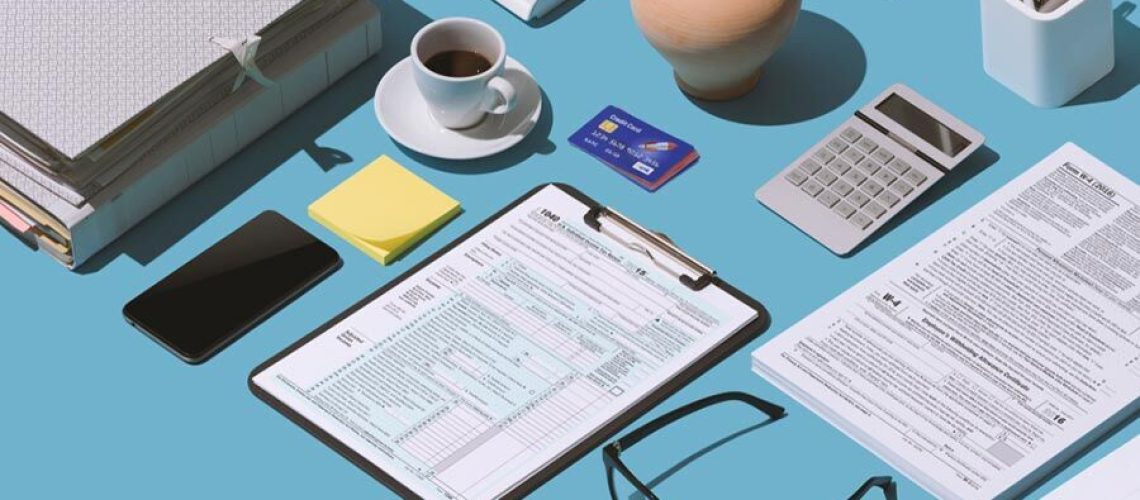Before you go ahead and take out a loan – whatever type it may be – it is important to shop around and make sure you are getting the best deal. Once you decide to apply for a credit product, whether that is a credit card, a loan, or a utilities application, then a credit enquiry is recorded on your file. This credit enquiry lasts for two years, whether your application was approved or not.
This means, if your application isn’t approved and you apply with another provider, you will have another credit enquiry on your file.
What Does this Mean?
If you have a large number of credit enquiries in a short period of time, credit providers are going to deem you as more of a risk. An assumption is made that you were declined for previous loan requests, meaning they are less likely to take a chance on you themselves. There are two different types of credit enquiries: hard credit enquiry and soft credit enquiry.
What is a Hard Credit Enquiry?
Hard enquiries are also known as ‘hard pulls’. These usually occur when a lender looks into your credit when they are making a lending decision. Typically, you have to authorise these, so you will know when a hard enquiry is being made. They occur when you apply for:
- Mortgage
- Credit card
- Auto loan
- Student loan
- Personal loan
- Business loan
Having one hard enquiry on your credit file is unlikely to really affect you at all. On the other hand, multiple hard enquiries in a short period of time can be a red flag for lenders, placing you as a high-risk customer. For this reason, try and spread out your applications.
As mentioned above, it is important to shop around for the right loan – so how do you do this without it affecting your credit score?
All enquiries made within a 45 day period are actually considered just one enquiry. This means you can have a look around, work out which loan is best for you and then commit, and this will all count as just the one hard enquiry on your credit score.
What is a Soft Credit Enquiry?
A soft enquiry, or a soft pull, is when a person or company checks your credit file as part of a background check. You won’t even know about them. There is a number of different reasons this might happen, such as:
- When a credit card issuer checks to see if you are eligible for certain credit card offers.
- A potential employer does a background check before hiring you.
- Checking your own credit is also a soft enquiry.
These enquiries also stay on your report for two years but don’t affect your credit score, and you won’t be asked permission to have them carried out. They are only visible to you when you view your credit reports.
Crossing The Line
Some enquiries can actually be hard or soft. Depending on what is being carried out, such as signing up for new internet services, leasing a new apartment, or opening a new account, you could get hit with either.
There is no way to know, but remember, if someone is taking out a hard enquiry on you, they have to ask permission.
Key Differences Between Hard Enquiries and Soft Enquiries:
- Soft enquiries don’t affect your credit score.
- Hard enquiries stay on your report for two years.
- Lenders have to ask permission for hard enquiries.
- Soft enquiries can be done without your knowledge.
The biggest difference is the fact that a hard enquiry affects your credit score, so you need to be aware when one is being carried out and ensure you don’t build up too many in a short space of time. There are a few ways to do this:
Ask: it may sound simple, but if you are applying for a loan, or getting a new credit card before you start the process you can ask what kind of enquiry is going to be needed.
Shopping window: take advantage of the 45-day shopping window for hard enquiries and stay in the limit. This will get you the best deal and will only count as one hard enquiry on your score.
Limit your enquiries: now that you know how they will affect you, you can limit the number of enquiries you make to ensure your rating isn’t affected.
Watch your credit file: you can access your credit file whenever you like and make a soft enquiry yourself. This allows you to stay on top of where you are.
Both soft and hard credit enquiries are essentially performed for the same reason – to assess the state of your credit. But hard enquiries are the ones that will affect your credit and stay on your report for two years. This is why it is important to know the difference between the two and to understand when each type is required.

